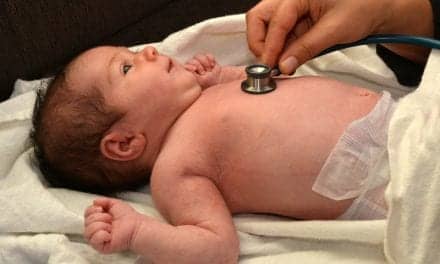Asthma is a common and highly treatable condition in older adults, yet a recent study showed 39% received no treatment at all—compromising quality of life and risking hospitalization. It is often mistaken for illnesses like bronchitis and emphysema, exacerbated by medications like aspirin, and overlooked by patients and doctors alike. Raymond Slavin, MD, allergist and professor of internal medicine at Saint Louis University School of Medicine, points out that at least 40% of asthma sufferers are 40 or older at the time of their first asthma attack—despite the common belief that it is a young person’s disease.
Older adults who suffer from asthma are the only age group in which asthma is getting worse, with 60% of asthma deaths occurring in those 65 or older.
“Don’t simply chalk up shortness of breath to aging. Asthma in the elderly is not rare. In fact, it’s rather common,” says Slavin. “The good news is that once we identify asthma, it has an extremely effective treatment.”
One reason aging brings an increased risk of asthma is that our lungs, blood vessels, and connective tissue change structurally as we age, causing a drop in our lung function. And, because of the misconception that adult-onset asthma is rare, it may be confused with bronchitis, emphysema, or sinusitis.
Medications also play a role. Beta blockers and ACE inhibitors, used to treat common illnesses in seniors, like heart attacks, hypertension, and congestive heart failure, can cause shortness of breath, wheezing, and coughing. Aspirin, which frequently is taken for arthritis, can cause asthma.
Source: Newswise









